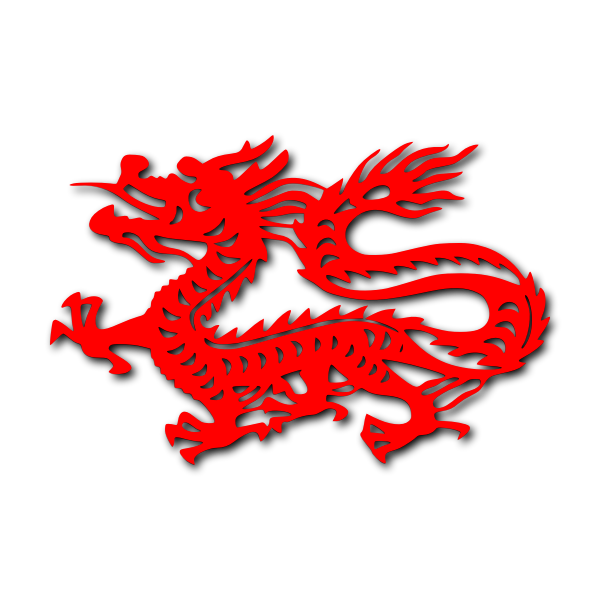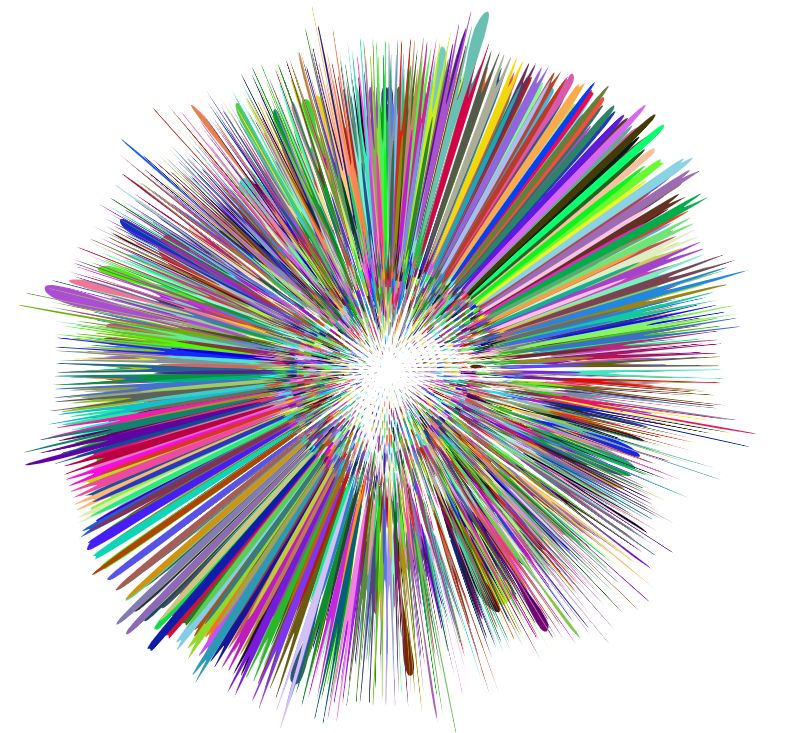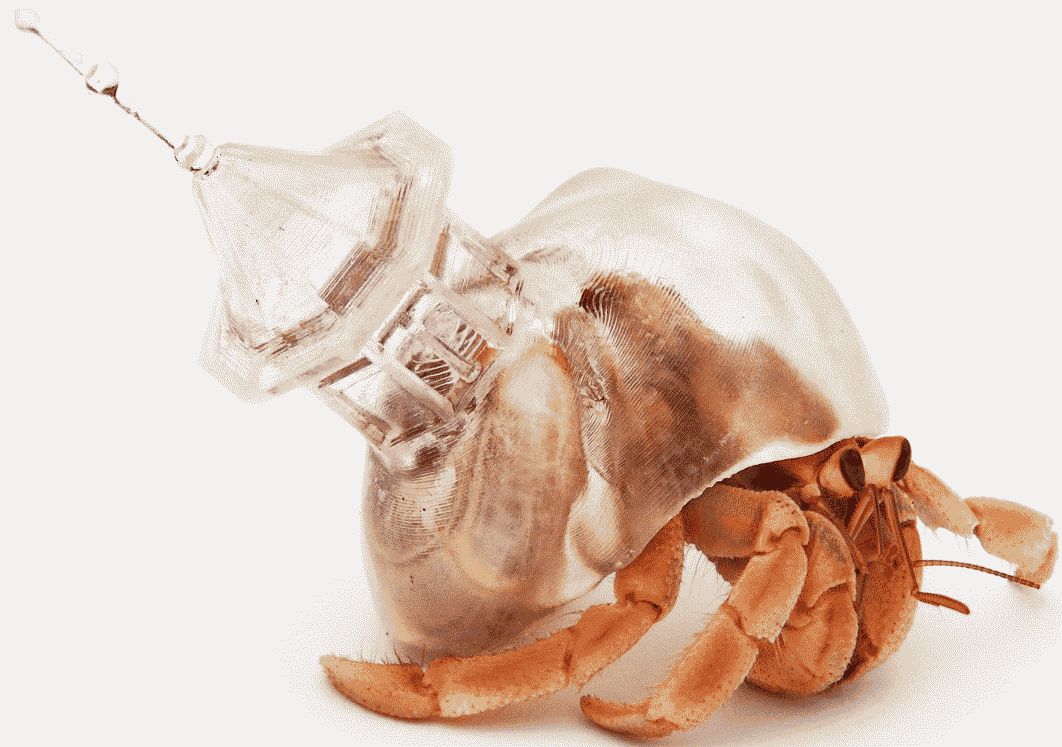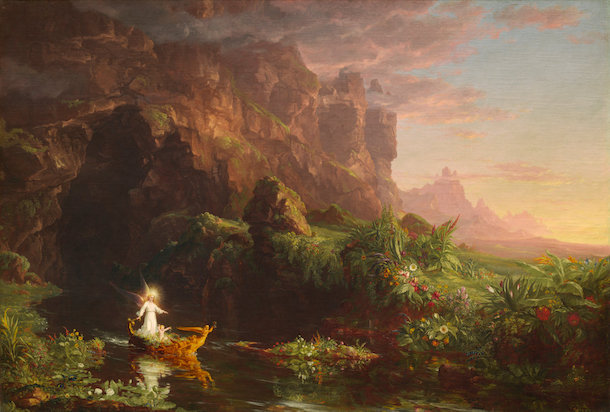Dragons: A History
Why have people believed in dragons, and what were they actually? Is there a difference between Western and Eastern dragons, in a global perspective, and if so, why?
Has the Western attitude to dragons changed in the modern era? Did Christianity give rise to a different idea of what a dragon should be? These are the questions that this lecture sets out to answer.
Professor Ronald Hutton
Professor of Divinity
Professor Hutton is Professor of History at the University of Bristol. He took degrees at Cambridge and then Oxford Universities, and was a fellow ofMagdalen College, Oxford. He is now a Fellow of the British Academy, the Royal Historical Society, the Society of Antiquaries and the Learned Society of Wales, and has won awards for teaching and research.
He has lectured all over the world, authored 18 books and 93 essays, appeared in or presented scores of television and radio programmes, and sits on the editorial boards of six journals concerned with the history of religion and magic.
He is currently working on the second volume of his biography of Oliver Cromwell.
 |
| Gresham College |
Knowing and Naming:
In November 2023 the American Ornithological Society announced its intention to rename all eponymous English bird names. It was the result of a long process of deliberation driven by growing concerns over the political processes influencing naming during earlier centuries. The decision to rename birds, which has been widely reported in both the public and scientific press, focuses attention on the politics of naming and on the question of what makes a ‘good’ bird name. The lecture will consider this question through the analysis of 7000 recorded English folk names of British Birds. Mostly collected during the 19th century, the names indicate both the intimate knowledge of birds held by country folk in the British Isles, and the sophistication of their naming. This contrasts with the results of recent studies suggesting that many people in Britain today cannot name five native species of bird. The lecture will consider why good bird names may help to restore people’s connection with nature.
Andrew Gosler FLS is Professor of Ethno-ornithology at the University of Oxford, where he holds a joint position between the Edward Grey Institute of Field Ornithology (Dept. of Biology) and the Institute of Human Sciences (School of Anthropology) of which he is Director. Many years studying bird ecology and the influence of humans on birds, made him aware of the influence of birds on humans. His research now focuses on how recognising such reciprocal relationships is increasingly essential for nature conservation.
 |
| Linnean Society of London |
Explosives - The Past, Present and Future
Start the year with a bang. This talk is open to non-members of the Royal Aeronautical Society but registration and account creation is required
Explosives have been part of our lives for many years with the first recording of an explosive powder being used in China in 220BC. In the 13th Century Roger Bacon experimented with explosives by making black powder and by the end of the 13th Century explosives were being used by many European countries. Nowadays explosives are part of our everyday life; they are in airbags, ejector seats and fireworks as well as propulsion for space shuttles, demolition aids and under water cutting charges for off-shore gas lines.
Professor Jackie Akhavan introduces the various types of explosions and explains the conditions under which a chemical reaction becomes an explosive. She explores the inputs to initiate the explosive and the subsequent outputs. In looking at the past she covers explosive mixtures and then introduces the concept of molecular explosives which are used today. Looking into the future she highlights current research activities.
All RAeS HQ lectures are free to attend for both members and non-members.
Speaker Details
Professor Jacqueline Akhavan, BSc(Hons), MPhil, PhD, CChem, FRSC, FIExpEProfessor Akhavan joined the academic staff at Cranfield University in 1987 after graduating from Southampton University with a PhD in polymer chemistry. In the early 1990s she was invited as a visiting research scientist to Akron University in Ohio to develop high energy rocket propellant. In 2001 she was appointed Associate Dean of Undergraduate Studies, in 2007 she was awarded a personal chair in Explosive Chemistry, in 2011 she was appointed as a member of Council to the University, and in 2014 took up the position of Director of Education for Cranfield Defence and Security.
Professor Akhavan has held a variety of positions external to the University, including member of the European Reference Network for Critical Infrastructure Protection, member of the National Industry Advisory Group for NATO on demilitarisation, Chairperson of the Wessex Branch of the Association for Women in Science and Engineering and has been a Chartered Chemist for over 30 years.
She is the Head of the Centre for Defence Chemistry, and a member of the UK Defence Science Expert Committee (DSEC) reporting to the Defence Chief Scientific Adviser for Defence as the UK expert is explosives and weapon systems. This position has just been renewed for another 3 years. Her expertise is in explosive chemistry and she has supervised over 20 PhD/MSc students, written and contributed to 5 books, and published over 70 papers in peer reviewed journals.
The Centre for Defence Chemistry has state of the art facilities for the manufacture and synthesis of novel of explosives, together with an accredited test house for hazard testing and an explosives range at COTEC, where performance tests can be carried out. The Centre also hosts the UK Centre of Excellence for Explosives (COEEM).
 |
| Royal Aeronautical Society Headquarters |
Spring Bat Walk
Discover the park’s flying nocturnal residents with an expert from the London Bat Group.
Discover the park’s flying nocturnal residents with an expert from the London Bat Group. After an introductory talk head on a walk around Holland Park equipped with bat detectors to search for these mammals.
Please bring a torch with you.
This event is FREE but donations to the London Bat Group are encouraged. Booking essential.
Sponsored by the Friends of Holland Park
 |
| Holland Park Ecology Centre |
Private View:
Focussing on how the act of ‘making’ is not exclusive to mankind, the artist develops the process of interactions with living creatures into artworks. She presents what is born out of her interactions with living creatures as well as the relationship between humans and animals. This production process, akin to a collaboration with these living creatures, begins with research into the creatures’ behaviour and habitats, and evolves into an exploration of anthropocentrism and how to overcome it, of various issues related to migration and identity, and of the interplay between human beings and the Anthropocene.
For example, one of her most well-known works, Why Not Hand Over a “Shelter” to Hermit Crabs? -Border-, is a project where miniature replicas of cities from around the world are sculpted onto the top of transparent shells of hermit crabs, inviting the crabs literally to “move” from one shell to another. The hermit crabs, which by exchanging shells change their appearance, suggest the difficulty of migrants in changing identities as they move cities, but also a sense of anonymity in the free movement between their “cities”. These themes addressed by INOMATA’s works are becoming more and more relevant in the context of globalisation, and what some perceive to be its increasingly apparent challenges.
The Private View is a chance to have a first look at the works of the artist AKI INOMATA.
AKI INOMATA (1983) is an artist based in Tokyo. In she graduated 2008 with an MFA in Inter-media Art from Tokyo University of the Arts. In 2017, she went to the USA with a grant by the Asian Cultural Council. She stayed ISCP in New York City on an Individual Fellowship Grant from the Asian Cultural Council.
Her recent exhibitions include AKI INOMATA: Significant Otherness (Towada Art Center, 2019), The XXII Triennale di Milano, Broken Nature: Design Takes on Human Survival(2019), Thailand Biennale Krabi 2018, and AKI INOMATA, Why Not Hand Over a “Shelter” to Hermit Crabs ? (Musee de Nantes, France, 2018).
 |
| Daiwa Anglo-Japanese Foundation |
Magnificent Rebels
Author Andrea Wulf will be talking about the young Romantics who incited a revolution of the mind that shaped our modern world.
T his is hybrid meeting - please do choose your ticket carefully.
From the author of The Invention of Nature comes an exhilarating story about a remarkable group of thinkers, poets and philosophers who changed the way we think about ourselves and the world.
They came together in Jena, a quiet German university town and this brilliant circle included the famous poets Goethe, Schiller, and Novalis; the visionary philosophers Fichte, Schelling, and Hegel; the contentious Schlegel brothers; Alexander von Humboldt and the formidable Caroline Schlegel.
Their collaboration launched Romanticism on to the world stage, inspiring some of the greatest poets, novelists and thinkers across the world. Their emphasis on individual experience, their description of nature as a living organism, and their insistence of the unity of humankind and nature, informed the writings of Samuel Taylor Coleridge, Henry David Thoreau and Ralph Waldo Emerson amongst many others. The French revolutionaries may have changed the political landscape, but these young Romantics incited a revolution of the mind that shaped our modern world.
Andrea Wulf is an award-winning author of several books. Her book New York Times bestseller The Invention of Nature: Alexander von Humboldt’s New World is published in 27 languages and won fifteen international literary awards, including the Royal Society Science Book Prize 2016. She is a Fellow of the Royal Society of Literature, the Linnean Society and PEN American Center.
 |
| Linnean Society of London |